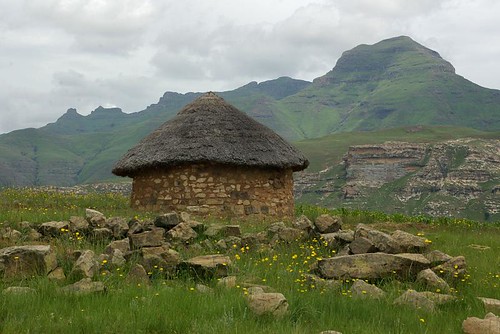
From Resilience Science:
At the IUCN meeting in Barcelona, the BBC interviews Pavan Sukhdev leader of the Economics of Ecosystems and Biodiversity an EU project intending to provide an economic assessment of global ecosystem governance in much the same way that the Stern review did for climate governance:
The global economy is losing more money from the disappearance of forests than through the current banking crisis, according to an EU-commissioned study.
…The figure comes from adding the value of the various services that forests perform, such as providing clean water and absorbing carbon dioxide.
…Speaking to BBC News on the fringes of the congress, study leader Pavan Sukhdev emphasised that the cost of natural decline dwarfs losses on the financial markets.
“It’s not only greater but it’s also continuous, it’s been happening every year, year after year,” he told BBC News.
“So whereas Wall Street by various calculations has to date lost, within the financial sector, $1-$1.5 trillion, the reality is that at today’s rate we are losing natural capital at least between $2-$5 trillion every year.”
…The first phase concluded in May when the team released its finding that forest decline could be costing about 7% of global GDP. The second phase will expand the scope to other natural systems.
See interim report from The Economics of Ecosystems and Biodiversity Project project
Photo: IISD





